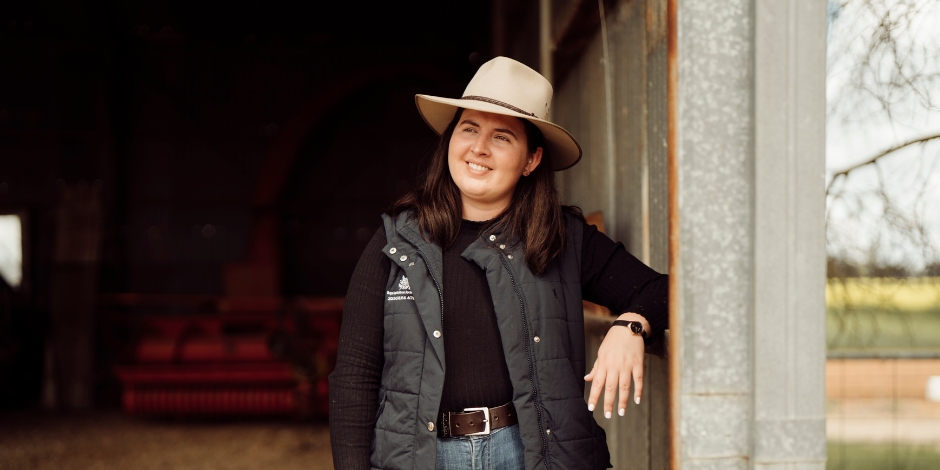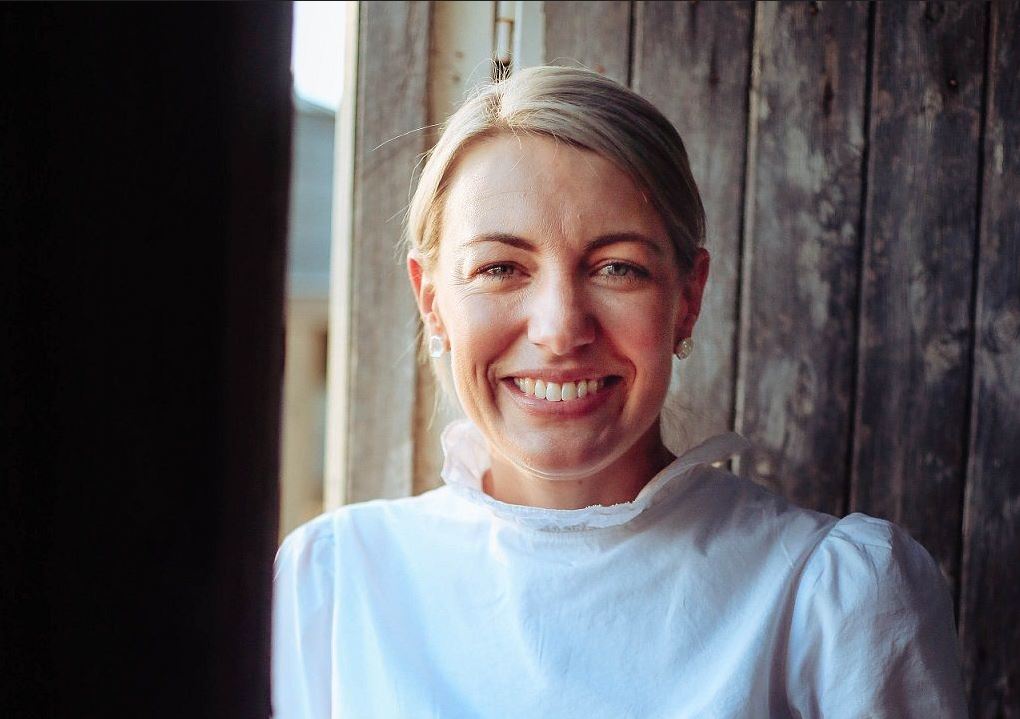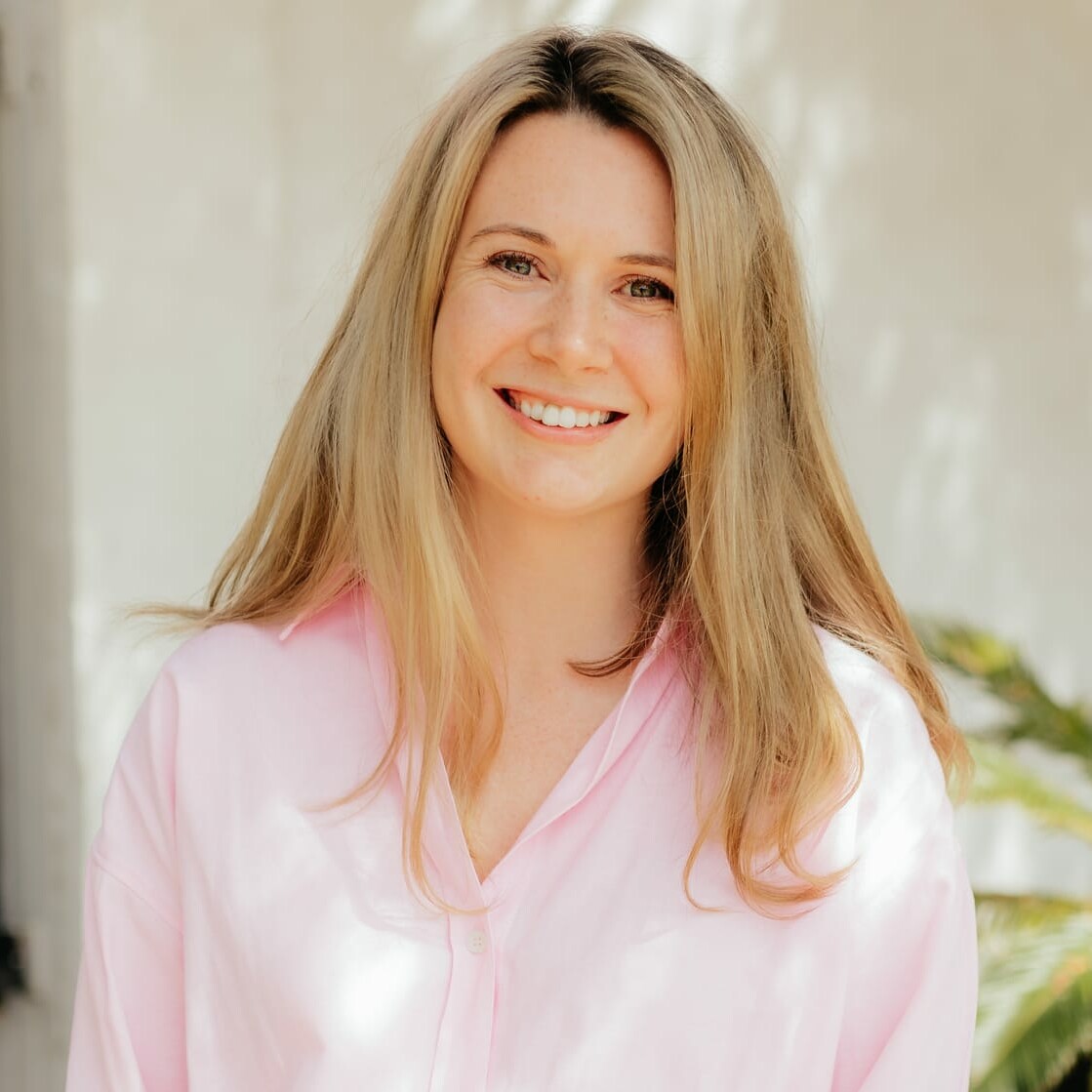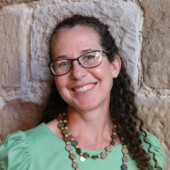Dialling up diversity: Powerhouse panel at Beef2024 to explore how to make agtech more inclusive
From founders to funders, there’s a lack of diversity in agtech. Three female innovators share their vision on how to make the sector more inclusive.
 Josie Clarke, Founder Ability Agriculture.
Josie Clarke, Founder Ability Agriculture.
At AgriFutures evokeAG. 2024 Agriwebb founder Justin Webb called out one example of gender imbalance, saying 75% of venture capital comes from white males and 80% of it goes to white males.
But the lack of diversity in agtech doesn’t stop there. Women, First Nation Australians and people with disability are underrepresented in STEM and in the agricultural workforce.
Bridging these gaps isn’t easy but at Beef2024 from 5-11 May in Rockhampton, a panel of women adept at transforming obstacles into opportunities will illuminate their perspective on fostering greater inclusivity within the sector, along with the advantages it promises to yield.
Here, panellists Elisha Parker, Director Cattlesales Pty Ltd, Non-executive Director NBN, and Non-Executive Director Beef Australia; Harriet Mellish, General Manager Global Innovation Networks, AgriFutures Australia; and Josie Clarke, Founder Ability Agriculture give us a taste of the conversation to come at Beef2024.
What can we gain by making agtech more inclusive?
Elisha Parker who co-founded online marketing hub Cattlesales.com.au and was the 2020 AgriFutures Queensland Rural Woman of the Year, believes every individual provides a new perspective and different value.
“Not having those who are under-represented means we are missing out on value from individuals in those groups who may have had different experiences and therefore different input,” Elisha said.

Elisha Parker, Director Cattlesales Pty Ltd, Non-executive Director NBN, and Non-Executive Director Beef Australia.
As the General Manager of AgriFutures Global Innovation Networks, Harriet Mellish heads-up programs to foster a thriving agtech sector that’s adding value to our agrifood supply chains.
“Better representation results in diversity of thought and that leads to better solutions,” she said. “However, it’s important to note that agtech in Australia has really only matured over the past eight years so there is an opportunity to catch up.”
RELATED: Let 100 flowers really bloom: how a lack of diversity in agrifood is holding it back
When young founder Josie Clarke visits agtech events she said most of the founders are men, but other gaps are also glaringly obvious.
“The representation of people with disability or impairments in agtech and as potential founders of agtech is very little to none,” she said.
Josie is the founder of Ability Agriculture, a not-for-profit that works to increase awareness, opportunity and representation for people with disability and impairment within agriculture.
“One-in-five people have a disability and the more accessible your product is, the more clients you’re able to reach,” she said.
“You also need to think about how many farmers over the age of 65 can use your product easily, because that’s the average age of your client in Australian agriculture.
It’s something Josie believes isn’t considered closely enough by developers, pointing to the results of an Ability Agriculture Foundation survey at evokeAG. 2024 which found only a quarter of respondents had considered the accessibility of agricultural technology or services.
Role models and mentors to encourage diversity
Harriet believes that nurturing and showcasing female founders within the agtech ecosystem will lead to greater representation.

Harriet Mellish, General Manager of Global Innovation Networks.
“Being able to show that there are pathways to success, positive role modelling and mentorship is important; after all you can’t aspire to be anyone you haven’t been exposed to,” she said.
Elisha’s experience as a female agtech founder, and one based in a regional location, was positive.
“I took every opportunity and kept pushing through until I could achieve what was needed to deliver the platform.
Josie is also focused on mentorship to boost participation of people with a disability in agtech, creating the ‘Ability Agripreneurs’ program which does just that.
“There are so many people in our community group creating solutions on-farm,” she said.
“Connecting them with business mentors and engineers means we can look at opportunities to scale up, engineer products to be safer and explore the opportunity for taking them to market.”
Show me the money; addressing the gender imbalance in investment
The 2023 State of Australian Startup funding report says more than 50% of founders say they’re sourcing deals from networks focused on underrepresented entrepreneurs – but change is slow, there’s still a noticeable gap in capital.
Harriet said it’s a sobering thought that of the $3.5 billion in start-up funding in Australia in 2023 only 4% went to female founders and 18% to mixed gender teams.
“When women founders are at a stage when they are ready for investment it’s about making sure they’re in the best place possible and it’s encouraging to see a number of female investors coming through and a greater focus on impact investments.”
She points to programs like the AgriFutures Catalyst program, a pitch event for female researchers, founders, and co-founders.
“A common piece of feedback that I got was, am I ready?” she said. “My response is that you don’t know if you’re ready, if you don’t try.
Elisha agreed, “Under-represented sectors are being actively sought after for grants and awards so research these thoroughly, find a mentor who can give insight into their experience and don’t give up,” she said.
Josie Clarke believes quotas for funding female led initiatives could make a difference.
View this post on Instagram
“I think we need to put guidelines around it, think about what parity looks like for every project and the need to invest in diverse projects led by diverse backgrounds of people,” she said.
RELATED: No holds barred: Leading Aussie agritech founders’ frank assessment of industry challenges
Regionality as a benefit rather than a barrier for agtech founders
Harriet believes being based in a regional area can bring advantages for agtech innovators, many of whom are producers themselves.
“One of the challenges we have with agtech is that it’s not close enough to the customer,” she said.
“Part of the benefit of founders being regionally diverse is that they are close to their customers and have the opportunity to have authentic conversations.”
As a Non-executive Director of NBN Co, Elisha says that connectivity has improved, which means that being based regionally no longer locks out innovators.
“In the past those in regional areas had reduced access to opportunity due to connectivity but that isn’t a barrier anymore,” she said.
“Many regional areas now have better speeds, unlimited data and reliable connectivity. We need to realise this and adopt it.
The discussion about increasing inclusivity in the Australian agtech sector will continue with a panel discussion, ‘‘Catalysing diversity in agtech: bridging gaps and breaking barriers” presented by AgriFutures evokeAG. at Beef2024 on Wednesday, May 8 in Rockhampton as part of the NBN Tech and Innovation Talks Program. Tickets are included in Beef2024 general attendance tickets.
Sign up to hear more from the thought leaders and change makers about the role of agrifood tech innovation in shaping a sustainable future and receive updates on evokeAG. 2025 in Brisbane, Queensland on 18-19 February.
*https://www.industry.gov.au/publications/stem-equity-monitor/workforce-data/stem-qualified-occupations and https://www.agriculture.gov.au/abares/research-topics/agricultural-workforce/australian-agricultural-workforce-trends#:~:text=Gender,at%20a%20little%20under%2030%25.
